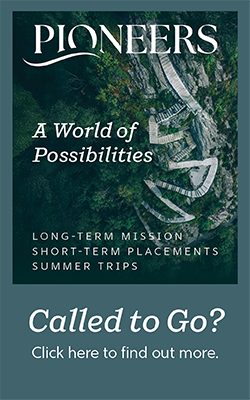Background to the Reformation:
Humanism
Theology on the Web provides free access to thousands of theological books and articles to over 3 million visitors a year. Please consider supporting Theology on the Web so that this service can remain online
Quotable quote:
The general principle underlying Renaissance humanism can be summarized in the slogan ad fontes, 'back to the sources'. By returning to the original sources, the intellectual stagnation and squalor of the Middle ages could be bypassed, in order to engage directly with the cultural glories of antiquity. Instead of wrestling with the conceptual confusion and literary inelegance of medieval commentaries on the Bible, it was necessary to return to the biblical texts themselves, and recover their freshness and vitality. The realization of this dream seemed increasingly within the grasp of the late Renaissance, as humanist scholarship began to make available the resources necessary in its pursuit.
Alister E. McGrath, A Life of John Calvin. A Study in the Shaping of Western Culture. Oxford: Basil Blackwell, 1990. pp.54-55.
| P. Burke, The Renaissance. Basingstoke, 1987. | |
| P. Porter & M. Teich, eds., The Renaissance in National Context. Cambridge, 1992. | |
| Alister E. McGrath, A Life of John Calvin. A Study in the Shaping of Western Culture. Oxford: Basil Blackwell, 1990. Hbk. ISBN: 0631163980. pp.51-67. |
About | Hosted Articles | Gallery | Introductions | Background | Reform Movements | Geography | People | Book Links | Sitemap | Abbreviations | Site Blog | Acknowledgements | Support | Contact me
Cross References
 |
|
|---|---|
 |
|
 |
|
 |








